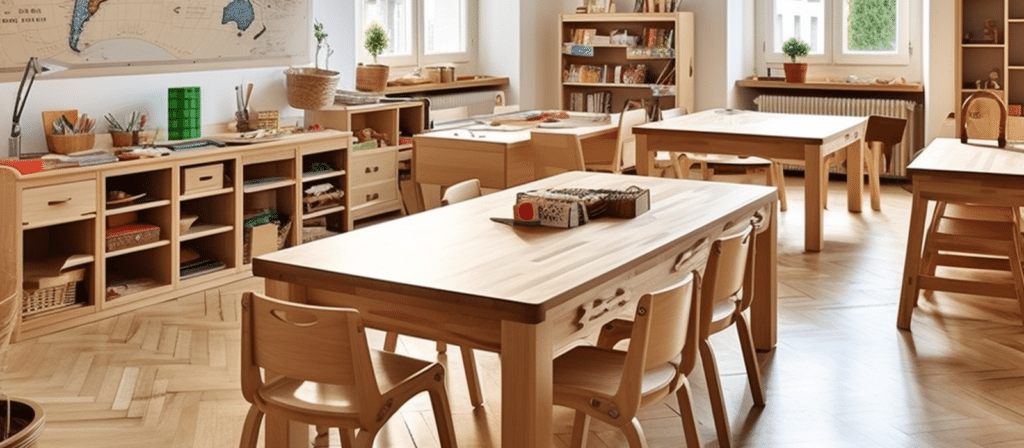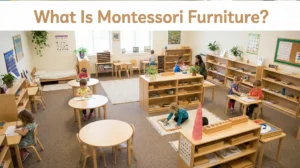Are you interested in creating inclusive Montessori environments that cater to the unique needs of every child? Join us as we delve into the world of Montessori furniture designed to accommodate special needs, fostering an inclusive and supportive learning experience for all.
Montessori education is known for its emphasis on independence, freedom of movement, and hands-on learning. The same principles apply when it comes to Montessori furniture for special needs. It is essential to provide children with furniture that supports their physical, cognitive, and sensory development. By adapting Montessori furniture, we can create an inclusive environment that allows every child to thrive.
What is Montessori furniture for special needs?
Montessori furniture is designed with the principles of the Montessori educational approach in mind. It encourages independence, freedom of movement, and exploration. When it comes to special needs, Montessori furniture takes on an even more crucial role. It provides a supportive and inclusive environment for children with physical disabilities or sensory challenges to learn and grow.
Why is Montessori furniture beneficial for special needs children?
Montessori furniture offers several benefits for special needs children. First and foremost, it promotes independence. By providing furniture that is accessible and easy to use, children can become more self-reliant and confident in their abilities.
Secondly, Montessori furniture encourages freedom of movement. Children with physical disabilities often face challenges when it comes to mobility. Our furniture is designed to be ergonomic and adjustable, allowing children to move around freely and engage in activities without restrictions.
Finally, Montessori furniture promotes sensory development. Many special needs children have sensory processing difficulties. Our furniture incorporates sensory elements such as different textures, colors, and shapes, providing a stimulating environment for sensory exploration and development.
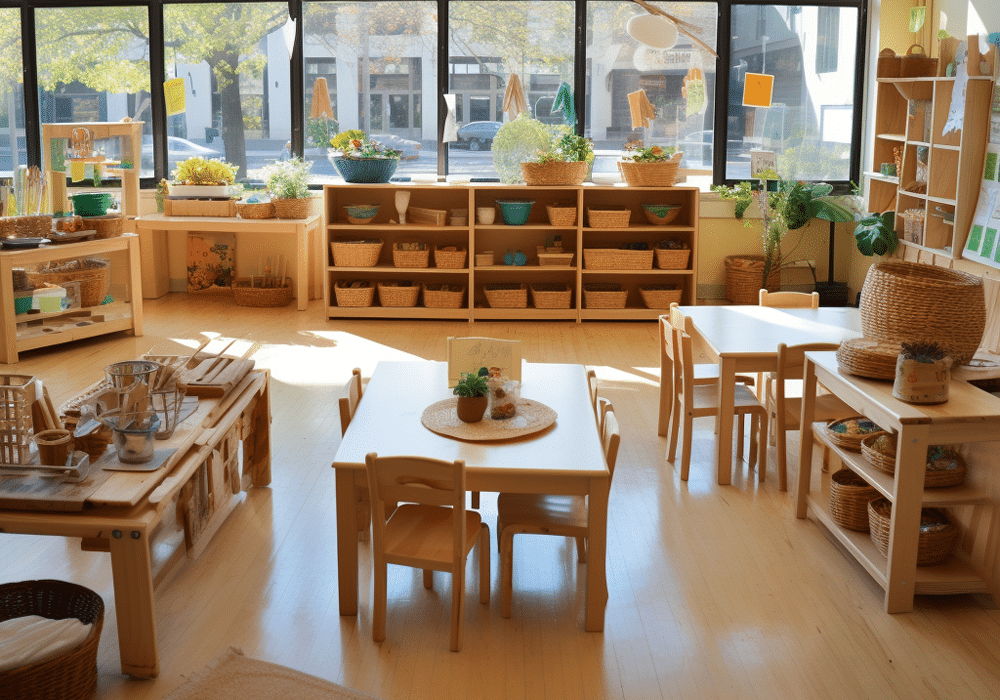
How can Montessori furniture be adapted for inclusivity?
One way is by considering the individual needs of each child. Children with physical disabilities may require furniture that is adjustable in height or has additional support features. For example, chairs with adjustable seat heights and footrests can accommodate children with different physical abilities. By providing furniture that can be customized to each child’s needs, we promote inclusivity and ensure that every child can actively participate in the learning process.
Another important aspect of adapting Montessori furniture for special needs is sensory integration. Many children with special needs have sensory processing difficulties, and the design of the furniture can either exacerbate or alleviate these challenges. By incorporating sensory elements into the furniture, such as textured surfaces or calming colors, we create a more sensory-friendly environment for children with special needs.
- Adjustability: Our furniture is designed to be fully adjustable, allowing for customization based on each child’s needs. From height adjustments to angle modifications, we ensure that our furniture can be adapted to accommodate various physical requirements.
- Accessibility: We incorporate features such as ramps, low surfaces, and open spaces to ensure that our furniture is easily accessible for children using mobility aids such as wheelchairs or walkers. We also consider the needs of children with visual impairments, providing tactile elements and contrasting colors for better visibility.
- Supportive Features: Our furniture includes supportive elements such as backrests, armrests, and footrests to provide stability and comfort for children who require additional support. These features promote proper posture and reduce the risk of fatigue and discomfort.
- Sensory Integration: We integrate sensory elements into our furniture design to cater to the needs of children with sensory challenges. Textured surfaces, visual stimuli, and auditory features create a multisensory environment that encourages exploration and engagement.
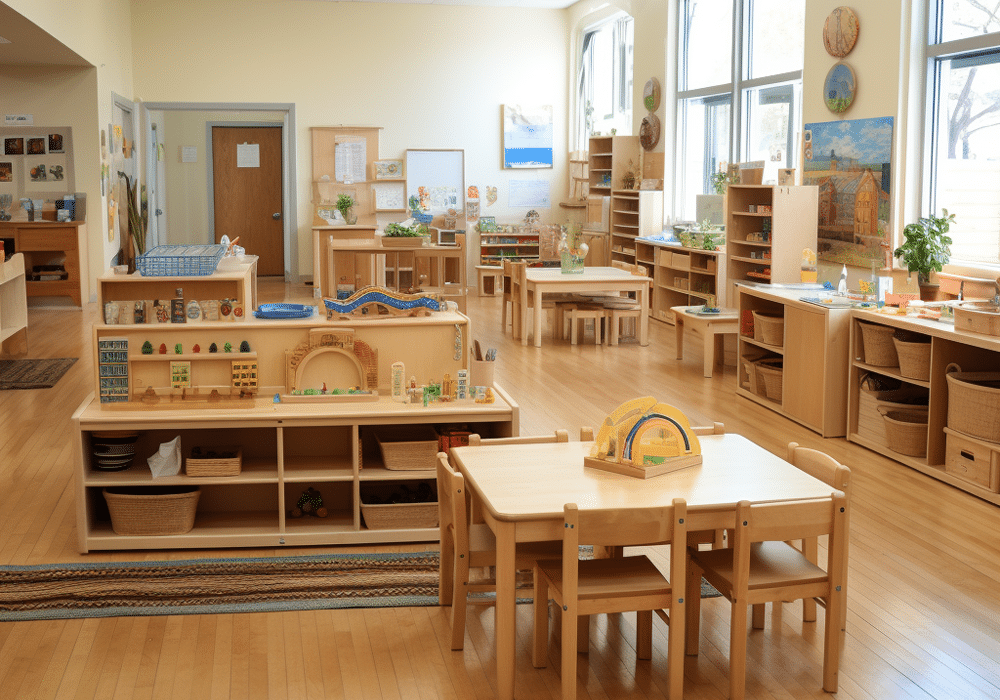
What are the benefits of adapting Montessori furniture for inclusivity?
Adapting Montessori furniture for inclusivity has numerous benefits. Firstly, it promotes a sense of belonging and acceptance among all children. When children with special needs are provided with furniture that meets their unique requirements, they feel included and valued within the learning environment.
Secondly, adapting Montessori furniture for inclusivity fosters collaboration and peer support. When children of all abilities interact and engage with the same furniture, they learn to appreciate and respect each other’s differences. This cultivates a sense of empathy and understanding from an early age.
Finally, adapting Montessori furniture for inclusivity promotes holistic development. By providing an inclusive environment, children with special needs can fully participate in learning activities and develop their cognitive, physical, and social skills alongside their peers.
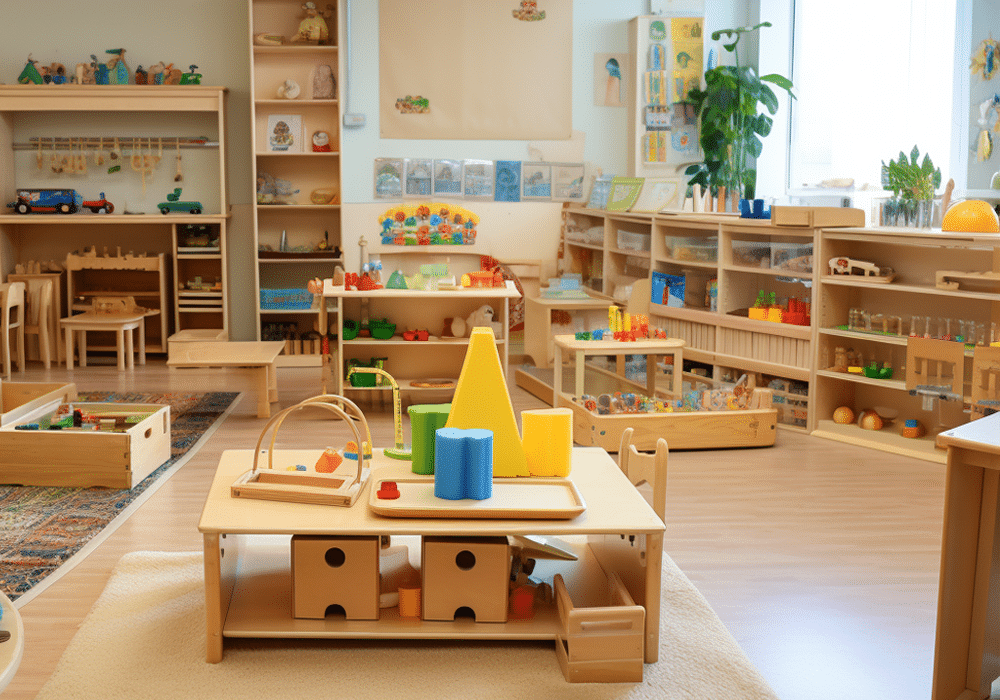
Conclusion
Inclusivity should be at the forefront of any educational environment, and Montessori furniture plays a vital role in achieving this. By adapting Montessori furniture for special needs, we can create inclusive spaces where all children can thrive and reach their full potential. At Beechair, we are committed to designing and providing Montessori furniture that is accessible, adaptable, and inclusive for children of all abilities.
In the journey towards inclusivity, let’s embrace the concept of “different, not less” and create spaces where every child feels valued and empowered.

